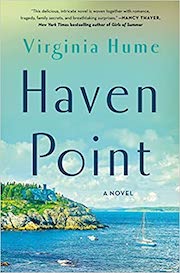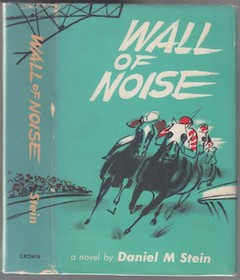Harp
I'll Lock Up
- Messages
- 8,508
- Location
- Chicago, IL US
I've never been a fan of post modernism and deconstructionism and the like, it's too sterile and lifeless. I do like the novels of Thomas Pynchon however, they have a bit of heart. He's very much a post modernist, in his novel 'V' the characters are on a train, when it turns out a fellow passenger is a robot, am automaton with gears for a brain. It's only mentioned briefly, the character doesn't appear in the rest of the novel, and it's the only sci-fi element!
Pynchon is an acquired taste, I put V down a few times before he and I went our separate ways.
Interestingly enough Foucault's Discipline & Punish is atop my study desk now, patiently awaiting further
revisit though not felt such an immediate demand. Celine and Joyce are a pair, but pale against Melville
who produced the finest novel in American letters, Moby Dick, and Dostoyevsky for The Brothers Karamazov,
which in my opinion ranks as the premiere novel penned in the last two hundred years.
I favor truth over falsehood or mere entertainment and confess that Shakespeare bequeaths
such abundance of truth and beauty I concluded long ago that his father must have been Irish.




